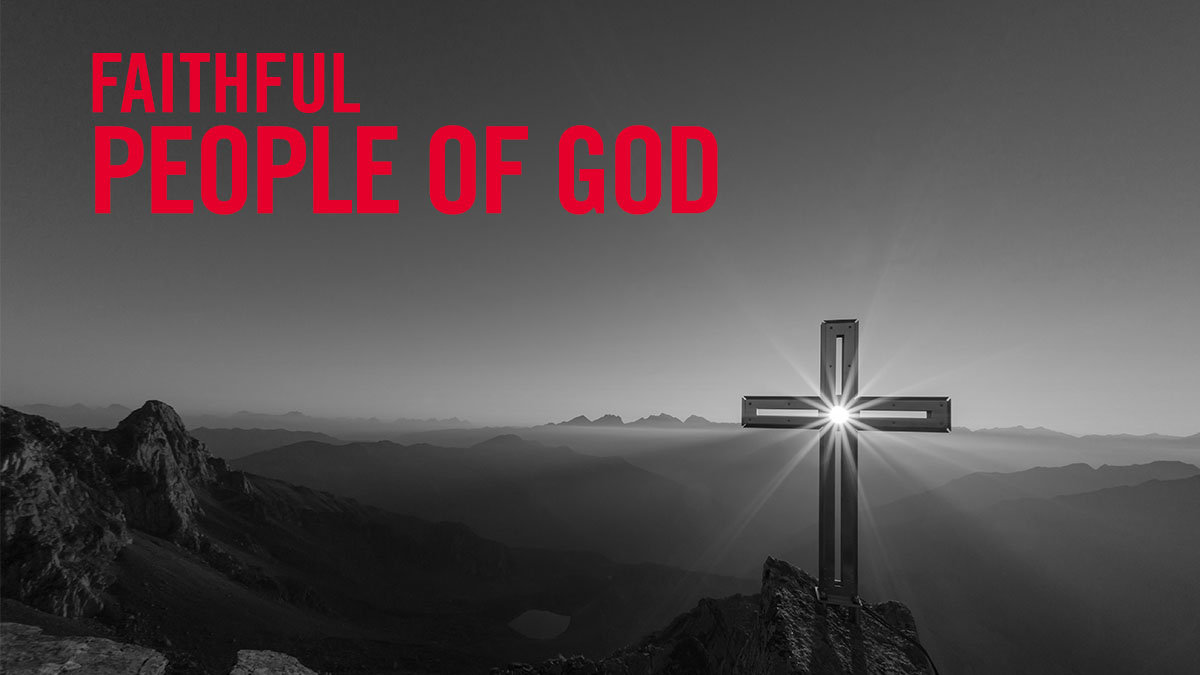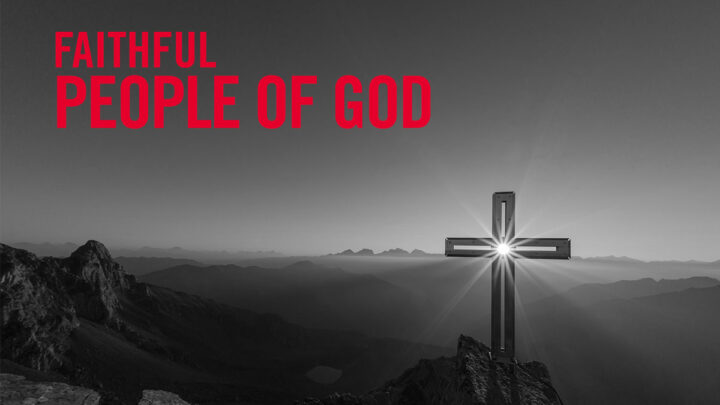“Take heed, brethren, lest there be in any of you an evil heart of unbelief, in departing from the living God. But exhort one another daily, while it is called today; lest any of you be hardened through the deceitfulness of sin. For we are made partakers of Christ, if we hold the beginning of our confidence stedfast unto the end.” – Hebrews 3:12-14

The evidence of our faith is unseen in the realm of spiritual things, but truly consuming oneself with Christ’s gift of salvation involves endurance to the end. To commit to a life of discipleship, one must die unto self and follow Christ. We cannot depend on ourselves or the flesh but rely on the strength, discernment, and power of the Holy Spirit. The imitation of Christ is critical for teaching and continual transformation in becoming more like Christ.
To be persistent in the faith and have a meaningful life of discipleship, we must grow in grace, obey scripture, pray often, love others, humble ourselves, spread the gospel, disciple others, and become obedient to the Holy Spirit in all aspects of our lives. Dietrich Bonhoeffer said, “Christianity without discipleship is always Christianity without Christ.” Billy Graham stated it eloquently, “To be a disciple is to be committed to Jesus Christ as Savior and Lord and committed to following Him every day. To be a disciple is also to be disciplined in our bodies, minds, and souls.”
Followers of Jesus Christ have obtained and been chosen, before the foundation of the world, to persevere with the confidence of our Lord and Savior Jesus Christ. It is through and by faith that we walk not by sight, thereby sharing in the glory of the Lord God Almighty.
Holy Father, we come to you in thanksgiving and praise for who and what you are to us. You are our God and there is no other. We come today, realizing, that without continual persistence in the faith, we can lose our way and become weak. Lord, help us to be more focused on our discipleship, personally and within the body of the church. Forgive us for negligence, sin, and not putting you first. Continue to lead, guide and order our steps, that we as the body of Christ be molded and fashioned into the vessel you would have us to be. Amen.
David Dial is a member of Prospect UMC

